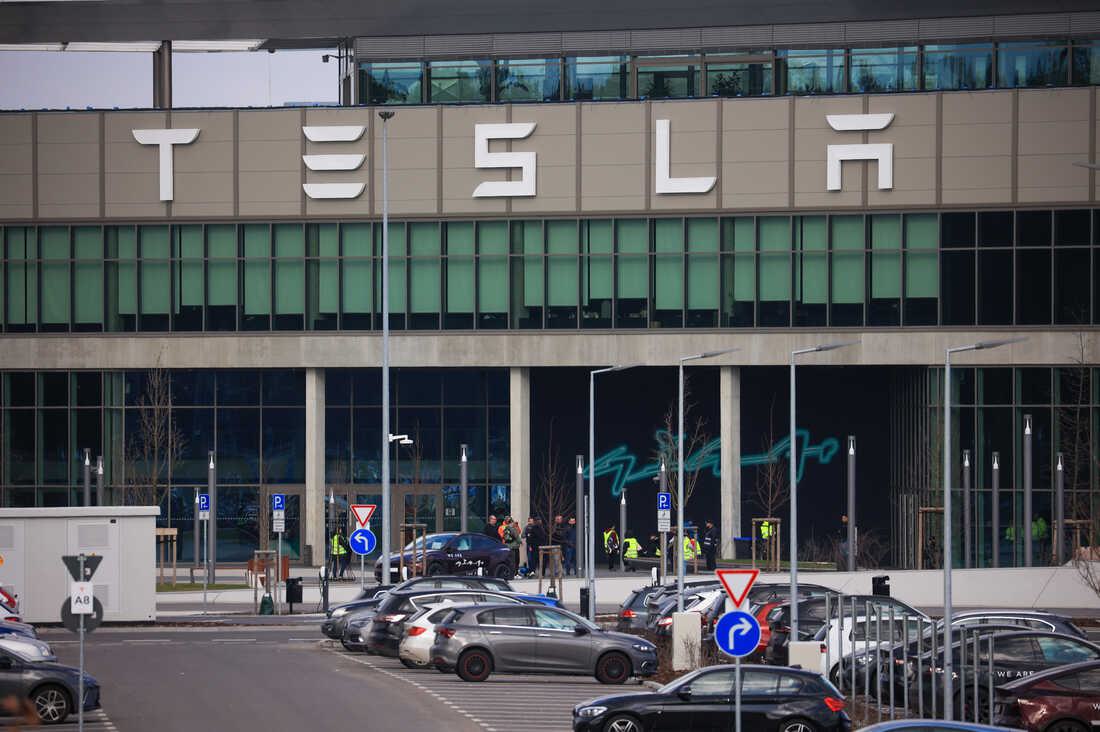Artificial Intelligence: The Future Of Everything - Dispatch Weekly
March 8, 2017 - Reading time: 6 minutes

This year, 2017, has been dubbed the year artificial intelligence (AI). With developers already beginning to innovate and improve the technologies that already exist, the potential growth in the field is undeniable. The question of strong artificial intelligence is not one of “if” but one of “when” and it is only a matter of time before artificial intelligence is fully integrated into our lives. There are two main types of artificial intelligence to keep an eye out for: strong and weak.
With no signs of slowing down, AI integration is very much a real part of the world today. Weak AI technology systems like Apple’s Siri and Amazon’s Echo with its Alexa voice service, (which will soon have the ability to differentiate between people’s voices) have already been incorporated in today’s technologies and our everyday lives. The emergence of smart home technologies is also becoming more common as we find consumers’ increased interest in it. This is the starting point for what will turn into the “strong AI” of the future.
Is strong artificial intelligence something to fear?
Strong artificial intelligence is something that will undoubtedly revolutionize the world. Though many fear what could happen when AI is fully incorporated (mainly due to sci-fi movies that portray the AI as somehow malicious) the rise of artificial intelligence will ultimately improve many aspects of our everyday lives.

With the growth of artificial intelligence we can expect to see a significant improvement in e-commerce. The ability to create a more personal shopping experience through the use of AI will ensure that consumers will enjoy a more bespoke experience and that their needs will be met with more accuracy and customization.
On the opposite end, retailers will be better equipped to sort through the overload of data that can be both overwhelming and hard to understand; data that is integral to better understanding one’s customers and therefore crucial to the success of the business. With the use of artificial intelligence, retailers can now focus on the manufacturing and quality of the product while the AI sorts through the data and makes it clear and concise.
Also expected to improve through artificial intelligence are the urban buildings in our biggest cities. Evolving from the same technology that powers smart homes, the concepts for “smart hospitals” have already begun to emerge. These buildings will be powered with capabilities to recognize who you are, who you are there to see, and equipped with the ability to constantly improve your experience. Filled with bots that will recognize you, these machines can tell you if you are the 5th person to buy your niece a teddy bear from the gift shop or that the chocolates you are about to get her will clash with her medicine or allergies.

Just like anything else, with the good comes the bad.
With the increased efficiency and integration of strong artificial intelligence some jobs will inevitably be taken over by machines. Research by Forrester predicts 6% of jobs in the US will be replaced by AI machines by 2021. Some projections suggest those in the most danger of losing their jobs are those who make less than £30,000 a year, due to the nature of their jobs.
Jobs which require a human element will be safe, as AI will be unable to replace them. Oxford University research suggests the top 5 jobs at risk are loan officers, reception and information clerks, retail salespeople, paralegals, and taxi drivers and chauffeurs. However, specialists in the field insist that changes brought on by AI won’t create job loss, but rather shift the nature of jobs required. Co-Founder of Brainbroke, Larry Kotch, a start-up aimed at blending technology and talent, insists:
These things don’t destroy jobs, they just change what jobs are needed
Though all of these changes can seem overwhelming, they are not all going to happen overnight. As quickly as artificial intelligence is advancing, there are still challenges that need to be overcome before there is a full shift towards strong AI use.
There is currently a huge amount of data that is vital to the success of AI but is still unable to be transmitted and read by it. This data is the basis for the central concept of artificial intelligence: machine learning. Machine learning refers to when a machine can take in new data, process it, adapt, and self-correct from there. If the machine cannot self-correct and learn without being programmed to do so then it is not true AI.The future of artificial intelligence looks bright and should serve to improve the quality of life of those using it. If developments stay true to predictions, before we know it we will start to look at these new technologies that same way we look at our smart phones – questioning how we ever lived without it.

DW Staff
David Lintott is the Editor-in-Chief, leading our team of talented freelance journalists. He specializes in covering culture, sport, and society. Originally from the decaying seaside town of Eastbourne, he attributes his insightful world-weariness to his roots in this unique setting.




